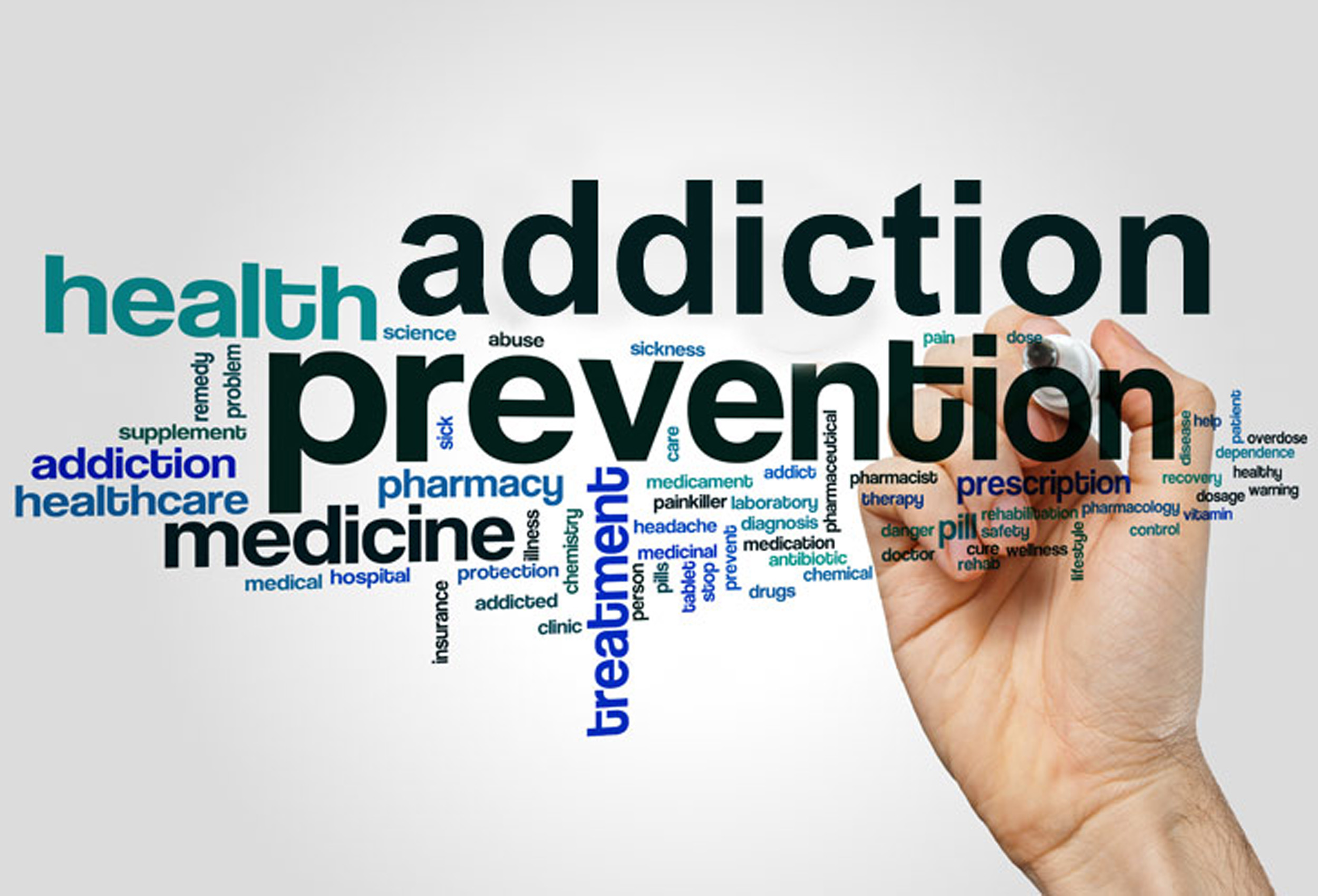Addiction is a complex issue that poses significant challenges to individuals, families, and communities. It can disrupt lives, damage relationships, and hinder personal growth. However, with the right approach and strategies, preventing addiction is achievable. This article explores practical steps parents and teens can take to build resilience against addiction, fostering an environment where healthy choices are front and centre.
Foster Open Communication
Creating a space where family members feel comfortable sharing their thoughts, experiences, and fears about addiction is critical. Open, honest discussions can dispel myths about substance use and reinforce the importance of seeking help when needed. It’s important for parents to listen actively and respond without judgement, offering empathy and understanding. Such exchanges can empower teens to make informed decisions and feel supported in doing so.
Encourage Healthy Habits and Hobbies
Engagement in activities that promote physical and mental well-being is a powerful deterrent to addiction. Participation in sports, arts, volunteering, and other extracurricular endeavours offers not just an outlet for creativity and stress but also a sense of belonging and accomplishment. Encouraging such pursuits helps teens develop a strong sense of self and reduces the temptation to engage in risky behaviours.
Set Clear Rules and Boundaries
It’s essential to establish guidelines regarding substance use and screen time. These rules should be communicated clearly, and their importance explained, ensuring teens understand the reasoning behind them. Consistency in enforcement helps reinforce these boundaries, creating a structured environment where expectations are clear.
Educate on the Signs of Addiction
Awareness is a powerful prevention tool. Providing both parents and teens with knowledge about the signs of addiction, including changes in behaviour, mood swings, withdrawal from social activities, and academic struggles, can prompt early intervention. Awareness programmes in schools or community centres can also play a supportive role in educating teens and their families about the complexities of addiction.
Build a Strong Support Network
A robust support network comprising friends, family, mentors, and an addiction counsellor can provide essential guidance and encouragement. Teens facing challenges or pressure to experiment with drugs or alcohol often find it easier to resist when they have strong, positive influences in their lives. It’s equally beneficial for parents to have a network where they can share concerns and seek advice.
Monitor and Limit Access
Keeping a close eye on prescription medications and limiting the availability of addictive substances like alcohol in the home are straightforward, effective measures. Teens should understand the reasons for these precautions and the potential consequences of misuse. Additionally, fostering a culture of responsibility and respect towards medication and substances within the family contributes to a safer environment.
Lead by Example
Parents play a vital role in setting behavioural standards. Demonstrating responsible behaviour, whether related to substance use, technology, or coping mechanisms for stress, lays a foundation for teens to model. Actions often speak louder than words, and in the context of addiction prevention, they can convey powerful messages about making healthy choices.
Stay Engaged in Your Teen’s Life
Showing a genuine interest in your teen’s activities, friendships, and social engagements allows for better understanding and guidance. When parents are involved, they’re more likely to spot early warning signs of distress or behavioural changes indicative of substance use. Regular, casual check-ins can foster a closer relationship, making it more likely for teens to reach out during difficult times.
Conclusion
Preventing addiction requires intention, consistency, and a dedication to fostering an environment where healthy choices are celebrated and supported. Through open communication, education, and active engagement in teens’ lives, families can build a strong foundation resistant to the challenges of addiction. By prioritising well-being, setting clear expectations, and leading by example, the path to a brighter, healthier future becomes clearer for everyone involved.
